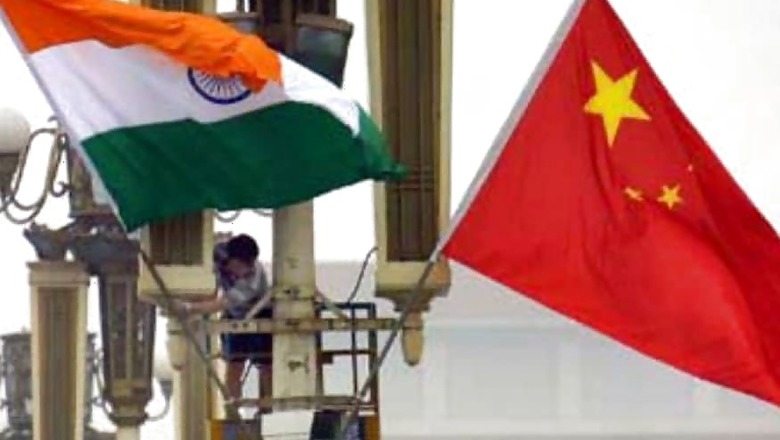
views
Beijing: Ten years after it was first proposed, the Security Quadrilateral between India, US, Japan and Australia made a comeback in 2017 on the sidelines of the ASEAN and East Asia summit in Manila.
Referred to as the ‘Quad', it was said that the discussions focused on a shared vision for increased prosperity and security in a free and open Indo-Pacific region.
Though the talks in Manila happened at the level of the joint secretaries and each country had put out a statement separately on the issue, the fact that the grouping was trying to team-up was not lost on Beijing. It was seen as an attempt to contain China. The Chinese foreign ministry reacted sharply to this development last year, saying no attempt should be made to “target” a third party.
Some like Singapore also dismissed the very idea of a Quad, calling it a 20th Century concept of pitting one bloc against the other. Singapore defence minister Ng Eng Hen said it was a self-defeating idea which was “bound to fail”.
But it now appears that the idea of Quad worked in India's favour to the extent that it was one of the factors that compelled China to give up its belligerence after Doklam and open up to talks with India.
"India cannot really rely on Japan, US and Australia. But China will be reliable," said a source in Beijing. This comment was made specifically to the idea of regional connectivity spoken about under the Quad which could emerge as an alternative to Xi Jinping's Belt and Road Initiative.
The US statement on the Quad in November spoke about it clearly. It said that the officials who met in Manila examined ways to "increase connectivity consistent with international law and standards, based on prudent financing”.
This was directly hitting out at China and could be seen in the context of India's concerns on the China-Pakistan Economic Corridor, CPEC.
India, while boycotting the Belt and Road Initiative in May last year, had said that it disregarded the sovereignty and territorial integrity of India. Recently, when Nepal prime minister KP Sharma Oli visited India after being elected again, it was impressed upon him that it would be a matter of concern for India too if Nepal gets caught in a debt trap due to BRI.
Moreover, as admitted by a source, China is finding it difficult to execute any idea with Nepal as "India cannot be avoided".
Looking at these developments that could have the potential of challenging the BRI, a source said, "We care about connectivity. China values cooperation with India. China is willing to work with India."
"When Premier Modi visits China he should rethink his engagement with China on BRI."




















Comments
0 comment